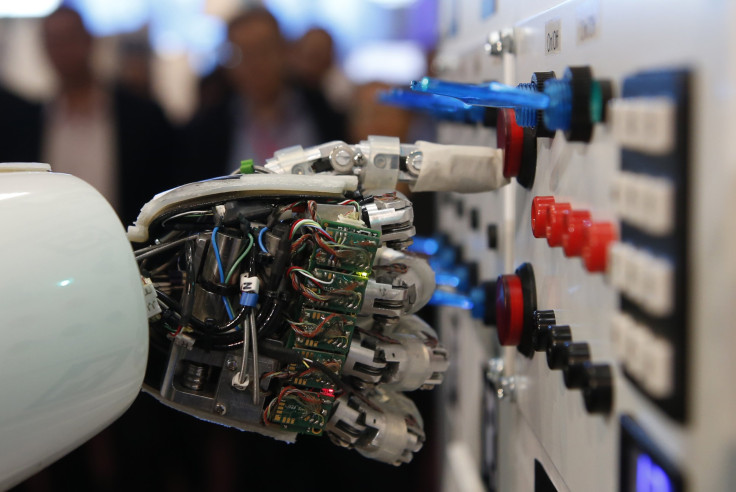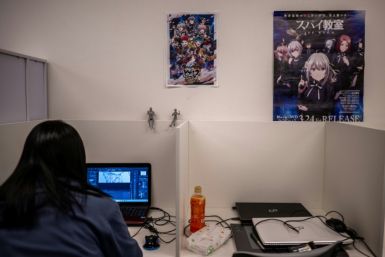How artificial intelligence could affect your job

Tesla CEO Elon Musk has been warning about the risks of artificial intelligence and machine learning for some time now. The billionaire has said that developments in robotics will lead to disruption in the job market.
Boston-area economists concluded earlier this year that human wages decline when robots are introduced. Jobs that are repetitive and can be taken over by AI like manual testing, infrastructure management, BPO and system maintenance will likely decline over the next five years. Some tech jobs could see the biggest impact from AI.
Last year, Facebook unveiled chat bots for Messenger. The service sought to improve the program by adding features and a “bot store” modelled after traditional app storefronts. Microsoft also has its own bot service.
Tech firms’ interest in bots could end up having a huge impact on customer service. A sophisticated bot can likely service the vast majority of service requests, negating the need for massive call centre agents.
As businesses seek ways to reduce costs, executives begin to consider automated solutions. If AI can handle various aspects of IT maintenance and security, it is likely to reduce the overall need for sysadmins.
Furthermore, there are many areas of the medical industry already shown to be better served by technology than humans. For instance, IBM’s Watson super-computer was reportedly recorded to be more accurate than a radiologist in spotting anomalies and cancers.
Experts are split on whether AI will create jobs rather than destroy it. "We are social people, so the jobs that require lots of emotional intelligence- being a nurse, marketing jobs, being a psychologist, any job that involves interacting with people, those will be the safe jobs,” University of New South Wales professor of AI Toby Walsh said, adding that humans have one of the most creative brains out there while computers are not creative at all.
Meanwhile, Robert Hillard, managing partner at Deloitte Consulting, believes that future work will fall into one of three categories."Firstly, people who work for machines such as drivers, online store pickers and some health professionals who are working to a schedule," ABC quotes him as saying. Second are those who work with machines like surgeons; third, people who work on the machines like programmers and designers.
In the UK, job meta-search engine Joblift has analysed AI and automation. Calculations suggest that newly created positions in both fields would replace around 19 percent of the jobs lost to robotics.
Bloomberg Technology/YouTube






